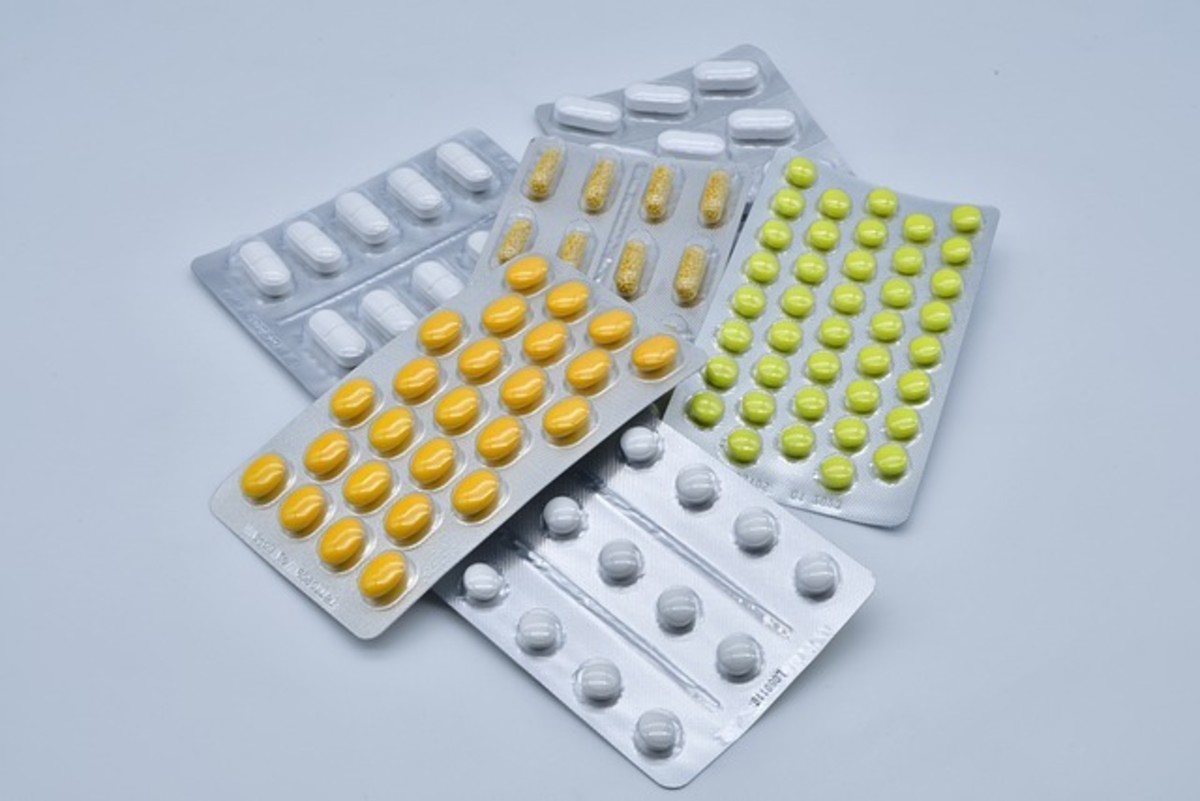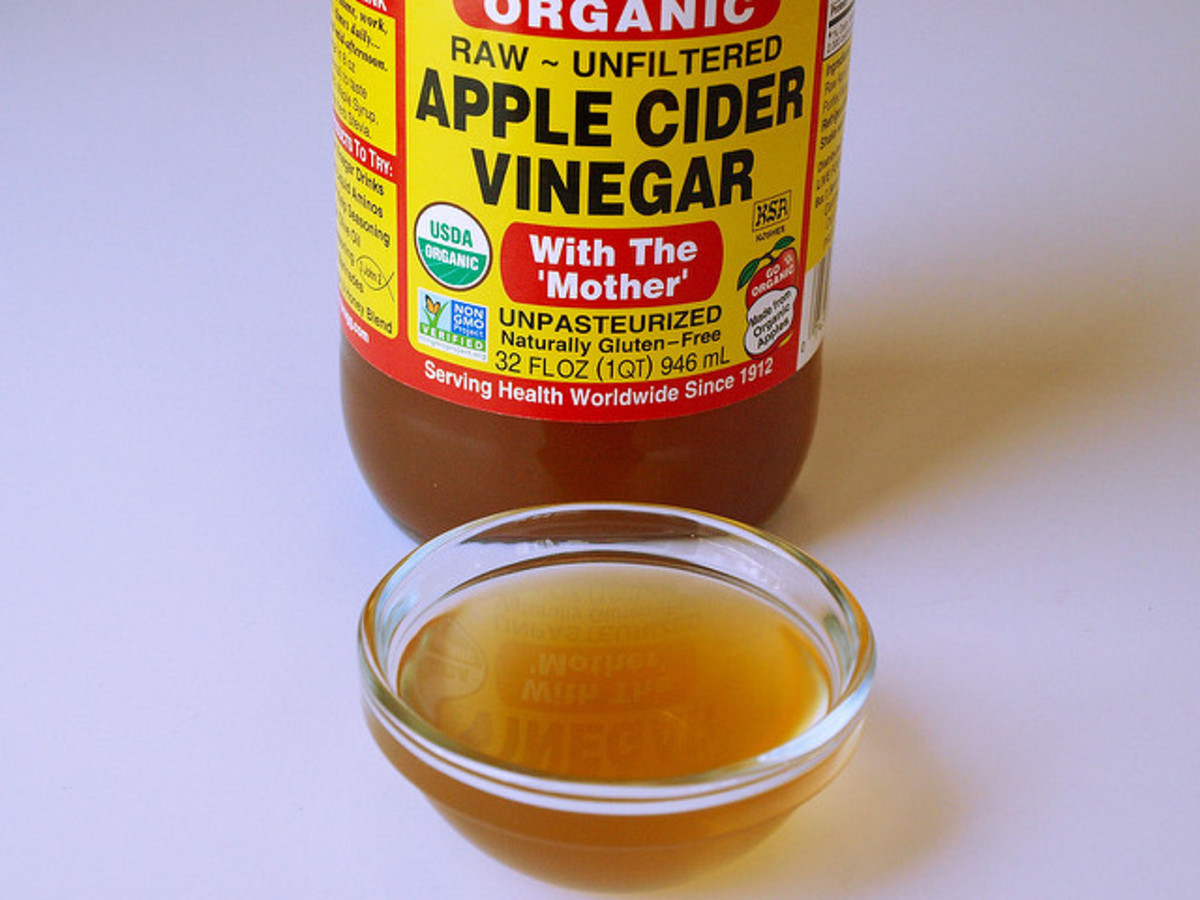How Safe are Supplements?
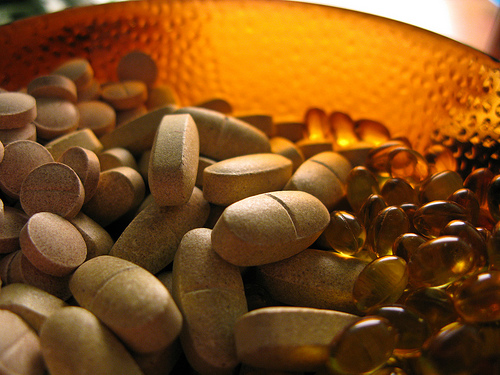
Do you know the answer to the following questions.
- Which group of products had a market worth over $26 billion in the US in 2009?
- Which group of products are legally sold by manufacturers in the US without having to prove that they are safe and effective?
- Which group of products are routinely taken by over half the American adult population?
- Which group of products contain ingredients that have been demonstrated to cause various health problems including cardiovascular, liver, and kidney problems?
Well I expected the title gave the game away if you did not already know the answer. The answer of course to all these questions is dietary supplements.
For their September issue Consumer Reports have worked with the independent research group the Natural Medicines Comprehensive Database (NMCD) to identify 12 supplement ingredients to avoid because of the serious adverse effects which have been linked to them. They report that the FDA (Food and Drug Administration) have issued warning on at least eight of the twelve some of which date back to 1993.
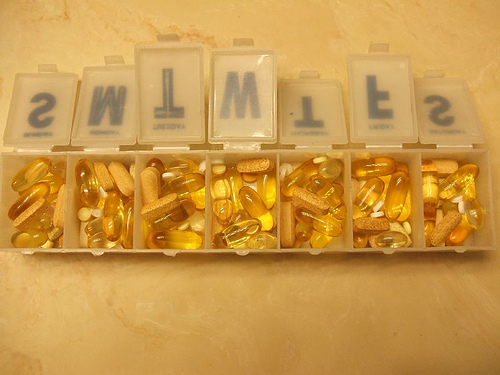
The Twelve Blacklisted Ingredients
The twelve ingredients detailed as being potentially hazardous to our health are listed below with their possible dangers:
-
aconite - nausea, vomiting, hypotension (low blood pressure), paralysis of the respiratory-system, cardiac arrhythmias (heart-rhythm problems), toxicity or death
-
bitter orange - fainting, cardiac arrhythmias, cardiac arrest( heart attack), stroke or death
-
chaparral - liver or kidney problems
-
colloidal silver - bluish discoloration of the skin or mucous membranes, neurological problems or kidney damage
-
coltsfoot - liver damage or cancer
-
comfrey - liver damage or cancer
-
country mallow - cardiac arrest, cardiac arrhythmias, stroke or death
-
germanium - kidney damage or death
-
greater celandine - liver damage
-
kava - liver damage
-
lobelia - toxicity, tachycardia (fast heart beat), hypotension, coma or death
-
yohimbe - hypertension and hypotension (high and low blood pressure), tachycardia, other heart problems or death
Inadequacies of the FDA
The article has drawn attention to the inadequacies of the FDA and shown their inability to protect the American consumer. How else would you explain that they had not identified all twelve of these potentially dangerous ingredients or that in spite of identifying an ingredient as potentialy dangerous 17 years ago it remains on the market. Figures provided in the article advise that only around a third of the more than 54,000 dietary supplements currently in the NMCD have any level of effectiveness and safety supported by scientific evidence and well over 10% have been linked to safety concerns or product quality issues.
Congress has recently taken action to strengthen the powers of the FDA such as passing legislation requiring that companies report serious adverse events to their products but much more has to be done to keep the public safe. In fact the Federal Trade Commision (FTC) have had much more success in protecting the public from companies that claim their supplements can prevent, treat, or cure any disease except some nutrient-deficiency conditions. The FTC has filed or settled 30 cases against supplement marketers including a $7.5 million settlement with the QVC home-shopping channel.
Other Problems
- To obtain sales salespeople may dispense misleading or potentially harmful medical advice without the necessary training. For example in one case a salesperson told an undercover investigator that a garlic supplement could be used instead of high blood pressure medication.
- Due to poor quality control and inadequate inspections many supplements containing pesticides, heavy metals or even prescription drugs have found their way on to the market. In the last couple of years the FDA have advised that manufacturers have voluntarilyrecalled over 80 body building supplements that contained either synthetric steriods or steriod like substances, 50 sexual enhancement products that contain the drug Viagra or other drugs which treat erectile dysfunction and 40 weight loss products containing Meridia or other drugs.
- China, a major supplier of raw supplement ingredients has repeatedly been found to have exported contaminated products yet the FDA has so far not been able to inspect a single factory.
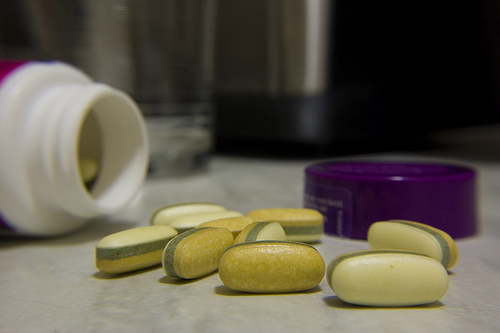
Steps you can take
- Speak to your doctor or pharmacist
Even what would be considered safe products can be dangerous or harmful in certain situations, such as when you are pregnant or breast feeding or if you have a certain condition or illness. They may interact adversely with certain prescription drugs or other dietary supplements. Your doctor or pharmacist can stop these potentially dangerous situations from arising but only if you speak to them. Unfortunately a surprisingly large number of us are reluctant to admit to our health professionals that we self medicate to treat a wide range of differing health conditions
- Buy "USP Verified" marked supplements wherever possible
Being "USP Verified" means that themanufacturer has sought verification of the quality, purity and potency of its ingredients or products by US Pharmacopeia (USP), a trusted private non profit making standards-setting authority.
- Don't believe everything you read or are told
Independently check any claims made by carrying out your own research using reptable sources such as the FDA or The National Institutes of Health's Office of Dietary Supplements.
- Too much of a good thing can be bad for you
You can overdoseon beneficial vitamins and minerals so avoid products providing megadoses of any vitamins or minerals and certainly don't exceed the recommended dosage levels given on the products.
- Don't suffer in silence and keep the FDA aware of problems
Let your doctor know if you experience any side effects and if these side effects are serious either ask your doctor to report these problems to the FDA or do it yourself.
·
Conclusion
Apart from the dietary supplements that over 50% of the US adult population take almost everyone of us takes supplements by default as many of our everyday foods are fortified with vitamins and minerals. Given the levels of supplements taken and the low levels of problems reported my own view is that in general most supplements are safe but just like prescription drugs taking any supplement has risks as well as benefits which it is why it is important to take the steps suggested above.






